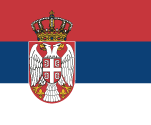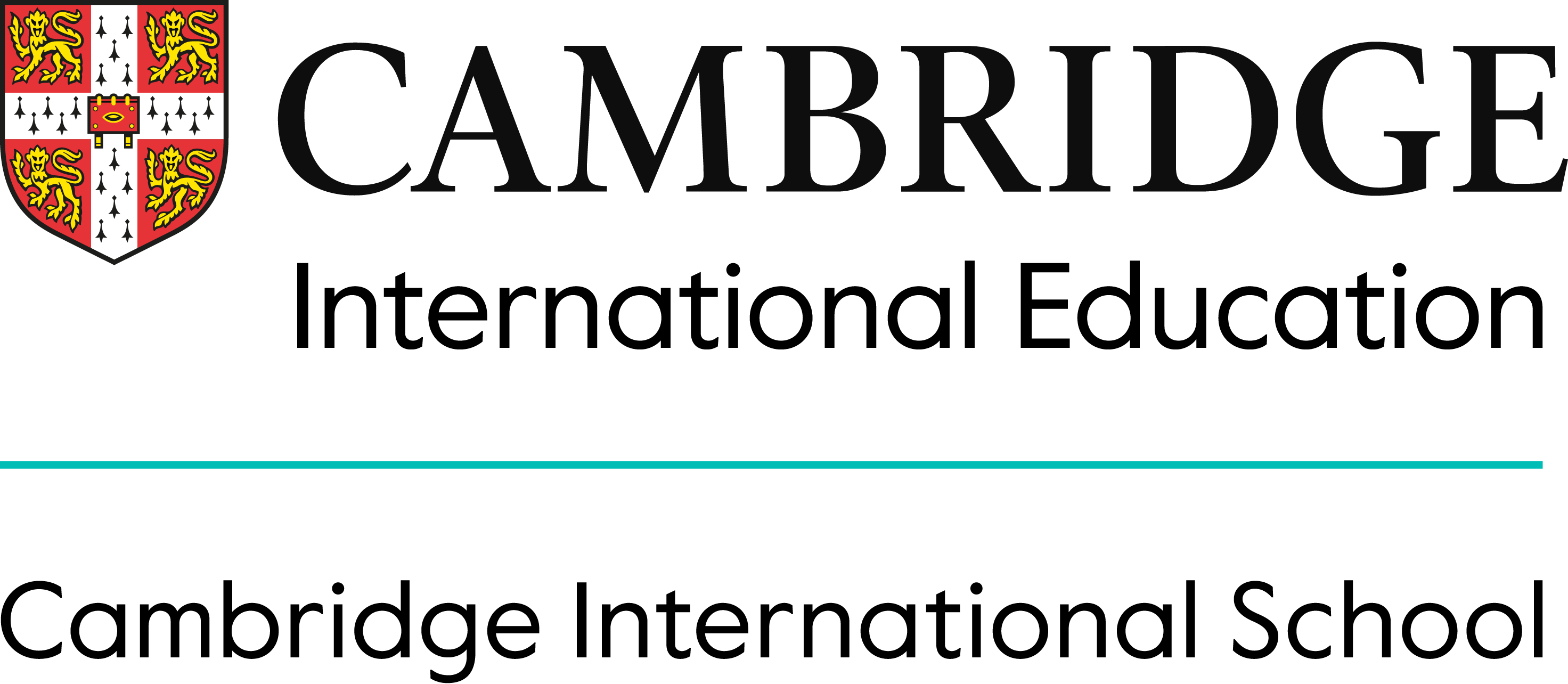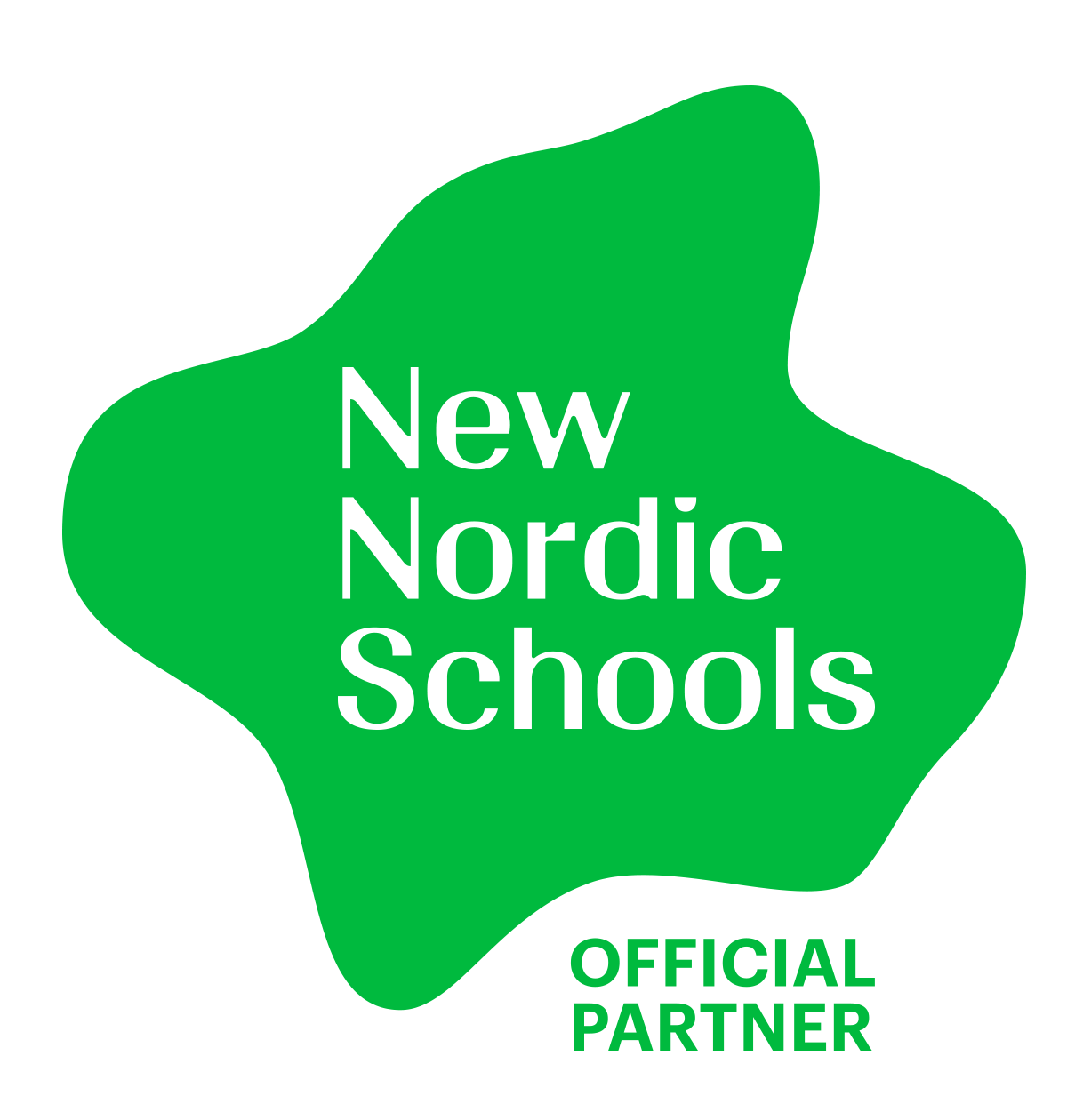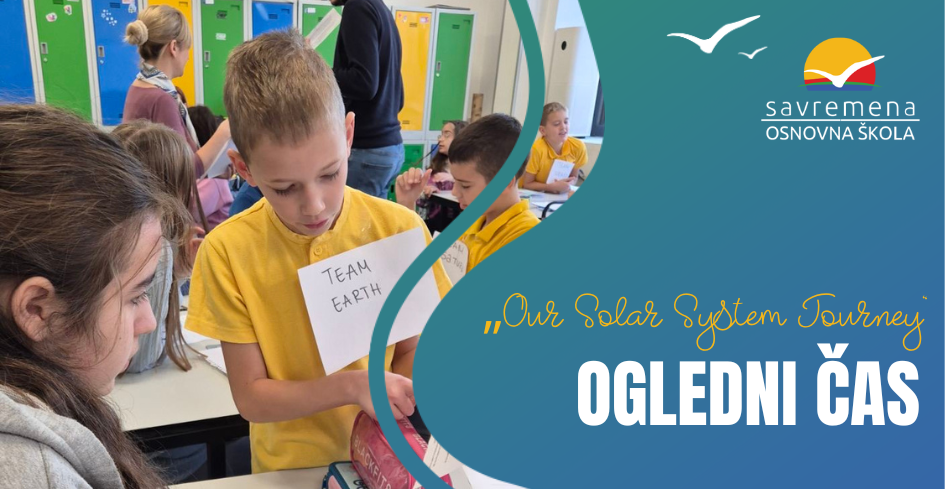
Open Class: “Our Solar System Journey” – a creative blend of English and Geography
Violeta Nincetovic / / Blog / November 6, 2025
Open Class: “Our Solar System Journey” – a creative blend of English and Geography
Interdisciplinary learning in action: English and Geography in the same classroom
A specially designed open class led jointly by English teacher Tanja and Geography teacher Petar, centred around the theme “Our Solar System Journey.” The goal was to connect natural sciences and English in a meaningful way, allowing students to explore planets while developing language skills through real content.
The classroom was transformed into a small research centre — filled with illustrations, learning materials and flashcards with English terms. This visual environment made complex concepts easier to understand and sparked genuine curiosity among students.
By switching roles and combining their expertise, the teachers demonstrated how different subjects naturally complement one another. This approach also strongly increased student motivation, as they clearly saw that language learning has a practical and immediate purpose.
The topic instantly drew students in, since space and planetary exploration are areas that naturally inspire imagination. Lessons like this encourage learning driven by curiosity, which makes the educational experience both richer and more memorable.
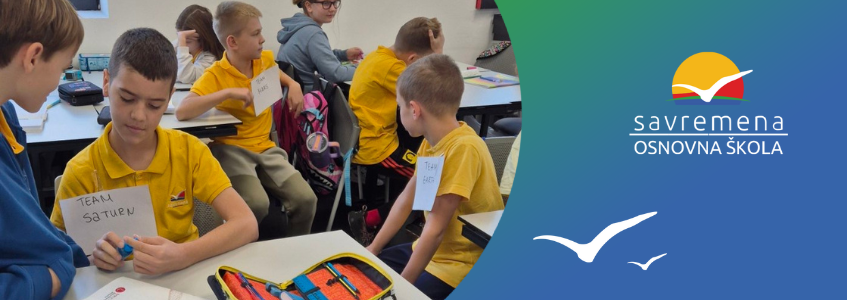
Team-based learning – a journey through the planets of the Solar System
To make the class even more interactive, the students were divided into teams, with each team representing one planet of the Solar System. Labels such as “Team Earth,” “Team Saturn,” and “Team Uranus” were placed on desks, adding excitement and a sense of friendly competition.
Each team received an English text about their assigned planet, along with worksheets containing questions, tasks and visual clues. Students were asked to identify key information, recognise unfamiliar words, interpret data and prepare a short presentation for the rest of the class.
During this segment of the lesson, students were encouraged to take on different roles — reader, note-taker, presenter — helping them develop organisation and communication skills. Working together also taught them how much more effective learning can be when knowledge is shared, discussed and built collaboratively.
This teamwork-focused approach helped students learn to listen to one another, accept different viewpoints and reach shared conclusions. Many teams even added illustrations and fun facts to their work, showing creativity and a desire to go beyond the required tasks.
Learning through experience – connecting knowledge, discussion and reflection
In the second part of the lesson, students watched a short educational video about the Solar System, which served as a visual support to everything they had previously explored. The video helped them clearly visualise the planets and understand their unique characteristics.
A lively discussion followed: students asked questions, shared theories and connected the information from the video with the texts they had read earlier. Through this natural exchange of ideas, they learned to justify their opinions and deepen their understanding of scientific concepts.
At the end of the lesson, students summarised their observations and highlighted the facts that fascinated them the most. This reflective step helped solidify the new knowledge and allowed teachers to see how well students had grasped the content.
This closing activity clearly showed how meaningful it is to give children space to express their thoughts. Here, students demonstrated how successfully they connected language learning, science and teamwork into one engaging and coherent experience.
